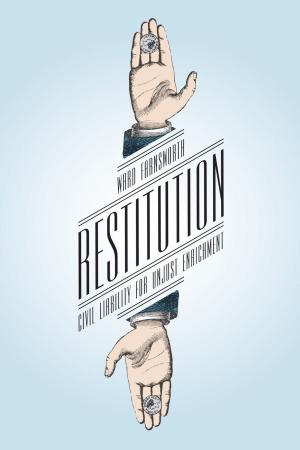Subject to Death
Life and Loss in a Buddhist World
Nonfiction, Religion & Spirituality, Eastern Religions, Buddhism, Social & Cultural Studies, Social Science, Anthropology| Author: | Robert Desjarlais | ISBN: | 9780226355900 |
| Publisher: | University of Chicago Press | Publication: | June 30, 2016 |
| Imprint: | University of Chicago Press | Language: | English |
| Author: | Robert Desjarlais |
| ISBN: | 9780226355900 |
| Publisher: | University of Chicago Press |
| Publication: | June 30, 2016 |
| Imprint: | University of Chicago Press |
| Language: | English |
If any anthropologist living today can illuminate our dim understanding of death’s enigma, it is Robert Desjarlais. With Subject to Death, Desjarlais provides an intimate, philosophical account of death and mourning practices among Hyolmo Buddhists, an ethnically Tibetan Buddhist people from Nepal. He studies the death preparations of the Hyolmo, their specific rituals of grieving, and the practices they use to heal the psychological trauma of loss. Desjarlais’s research marks a major advance in the ethnographic study of death, dying, and grief, one with broad implications. Ethnologically nuanced, beautifully written, and twenty-five years in the making, Subject to Death is an insightful study of how fundamental aspects of human existence—identity, memory, agency, longing, bodiliness—are enacted and eventually dissolved through social and communicative practices.
If any anthropologist living today can illuminate our dim understanding of death’s enigma, it is Robert Desjarlais. With Subject to Death, Desjarlais provides an intimate, philosophical account of death and mourning practices among Hyolmo Buddhists, an ethnically Tibetan Buddhist people from Nepal. He studies the death preparations of the Hyolmo, their specific rituals of grieving, and the practices they use to heal the psychological trauma of loss. Desjarlais’s research marks a major advance in the ethnographic study of death, dying, and grief, one with broad implications. Ethnologically nuanced, beautifully written, and twenty-five years in the making, Subject to Death is an insightful study of how fundamental aspects of human existence—identity, memory, agency, longing, bodiliness—are enacted and eventually dissolved through social and communicative practices.















